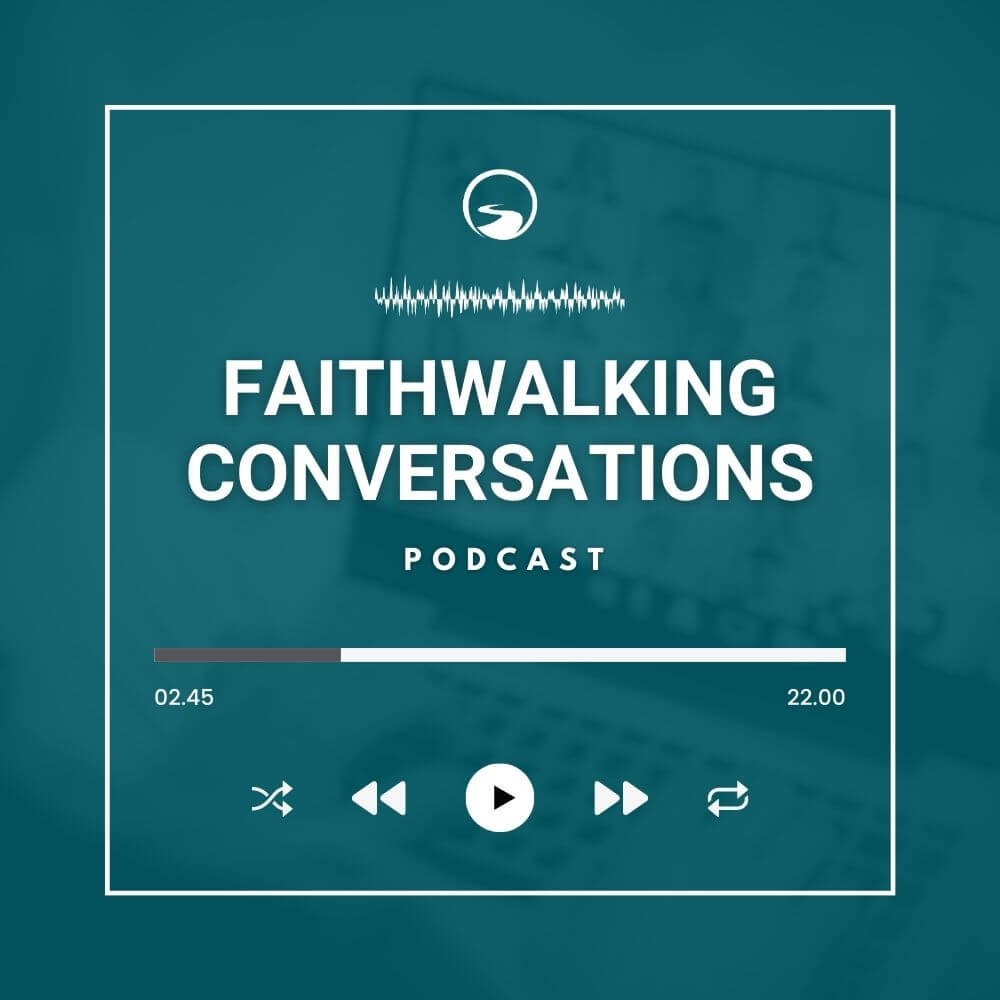
Perfectionism is the belief that if we live perfect, look perfect, and act perfect, we can minimize or avoid the pain of blame, judgement, and shame. It's a shield. It's a twenty-ton shield that we lug around thinking it will protect us when, in fact, it's the thing that's really preventing us from flight. - Brené Brown
Recent episodes from this series
Keep Walking – Learning from Anger: Raging Responsibly
Learning to feel and manage anger in healthy ways is really important for everyone, especially leaders. Click the link below to listen to the unique perspective and learnings of three pastors and leaders from the New York Faithwalking Circle and Churches Learning Change community, as they reflect on their own journeys with anger and lead a discussion with other Faithwalkers.
Keep Walking: Defining Self in a Polarized Context
In this episode, Faithwalking leader Mike DeRuyter (Midland, MI) and a group of Faithwalkers reflect on the topic of defining self in a polarized context. This conversation was originally recorded in June of 2020.
Polarization: How Can We Be Different?
In this episode Ken Shuman and a group of Faithwalkers talk about polarization and how we can show up differently in the midst of it. This conversation was originally recorded in April of 2020 as part of a Keep Walking gathering. Two handouts that were shared during this conversation are available below - the session notes and a summary of the book Polarization and the Healthier Church by Ronald W. Richardson.
From Anxious Reactivity to Faithful Response
We are living in a time of heightened anxiety, and anxiety is contagious. Currently it is being transmitted rapidly through our churches, communities, nation and world regarding COVID-19. Because we are human, we are all having our own unique anxious responses to this major stressor. Too much anxiety can make us “stupid,” shutting down our ability to think or to function well. Our anxious responses impact us and the systems of which we are a part. Therefore it is important for our own well-being, and for the well-being of those systems, that we grow in awareness of our responses - of how we are showing up in our world.
The Position of Liminal Space
We shouldn’t try to get rid of our own pain until we’ve learned what it has to teach. When we can hold our pain consciously and trustfully (and not project it elsewhere), we find ourselves in a very special liminal space. Here we are open to learning and breaking through to a much deeper level of faith and consciousness. - Richard Rohr


